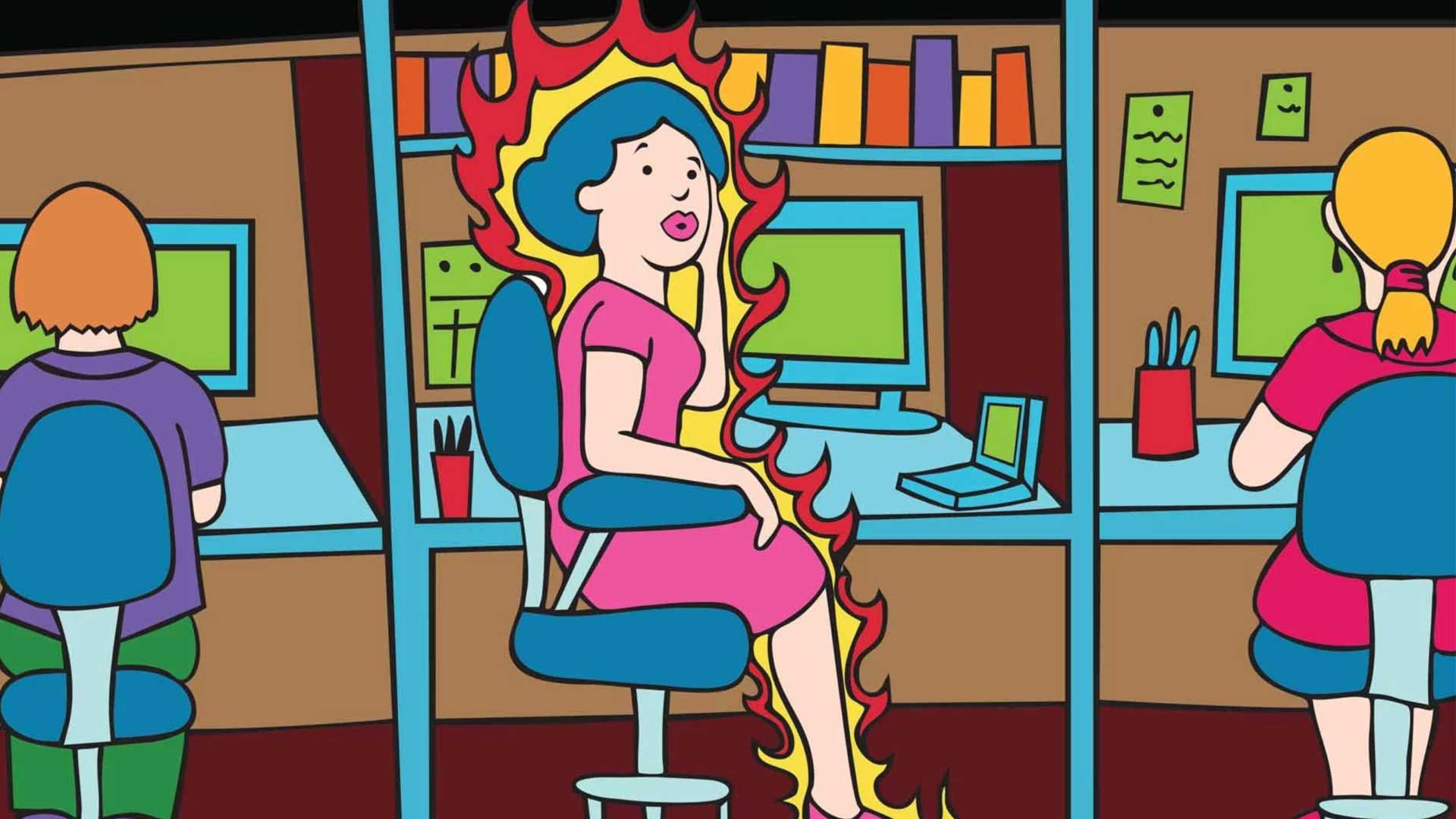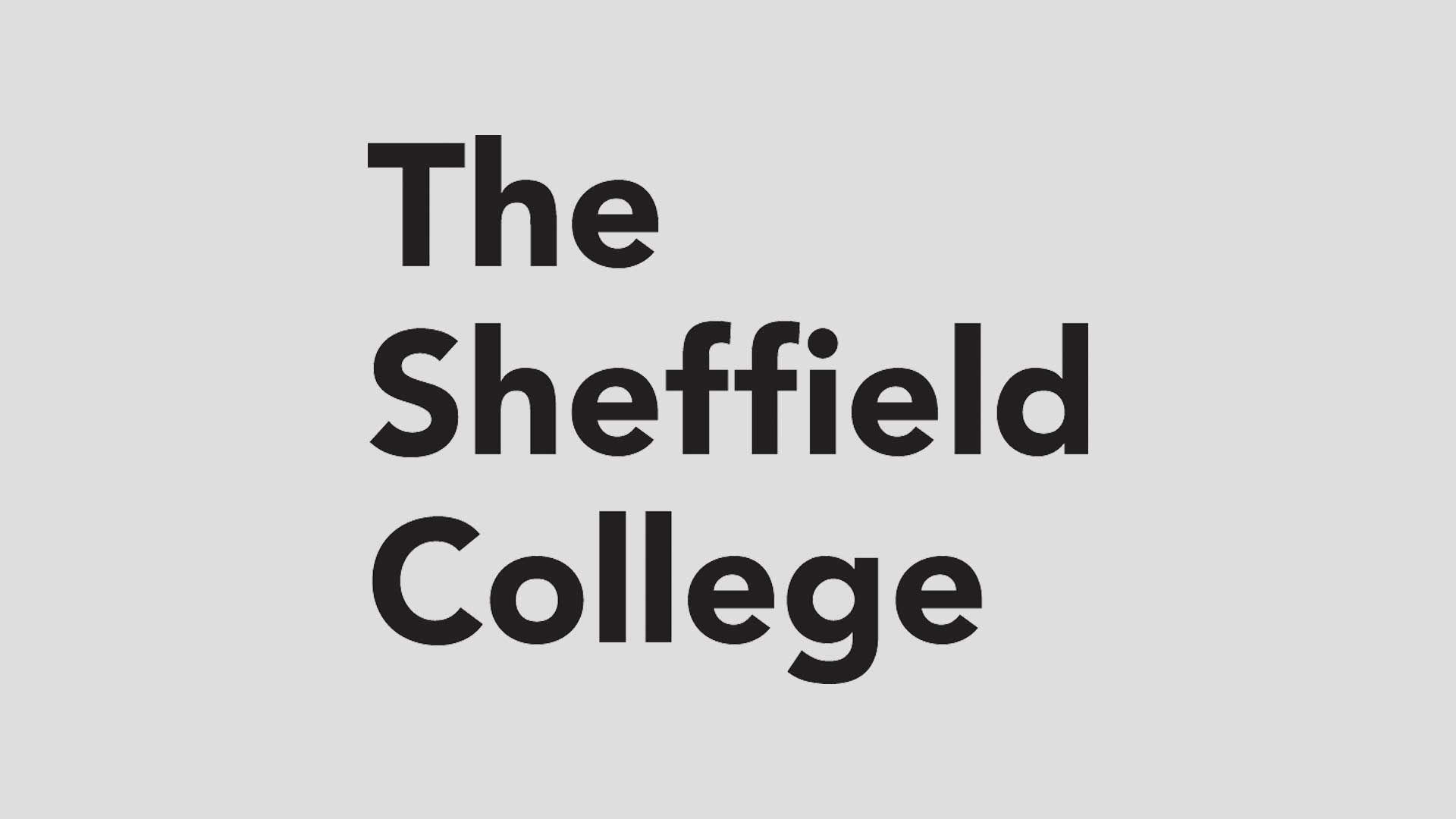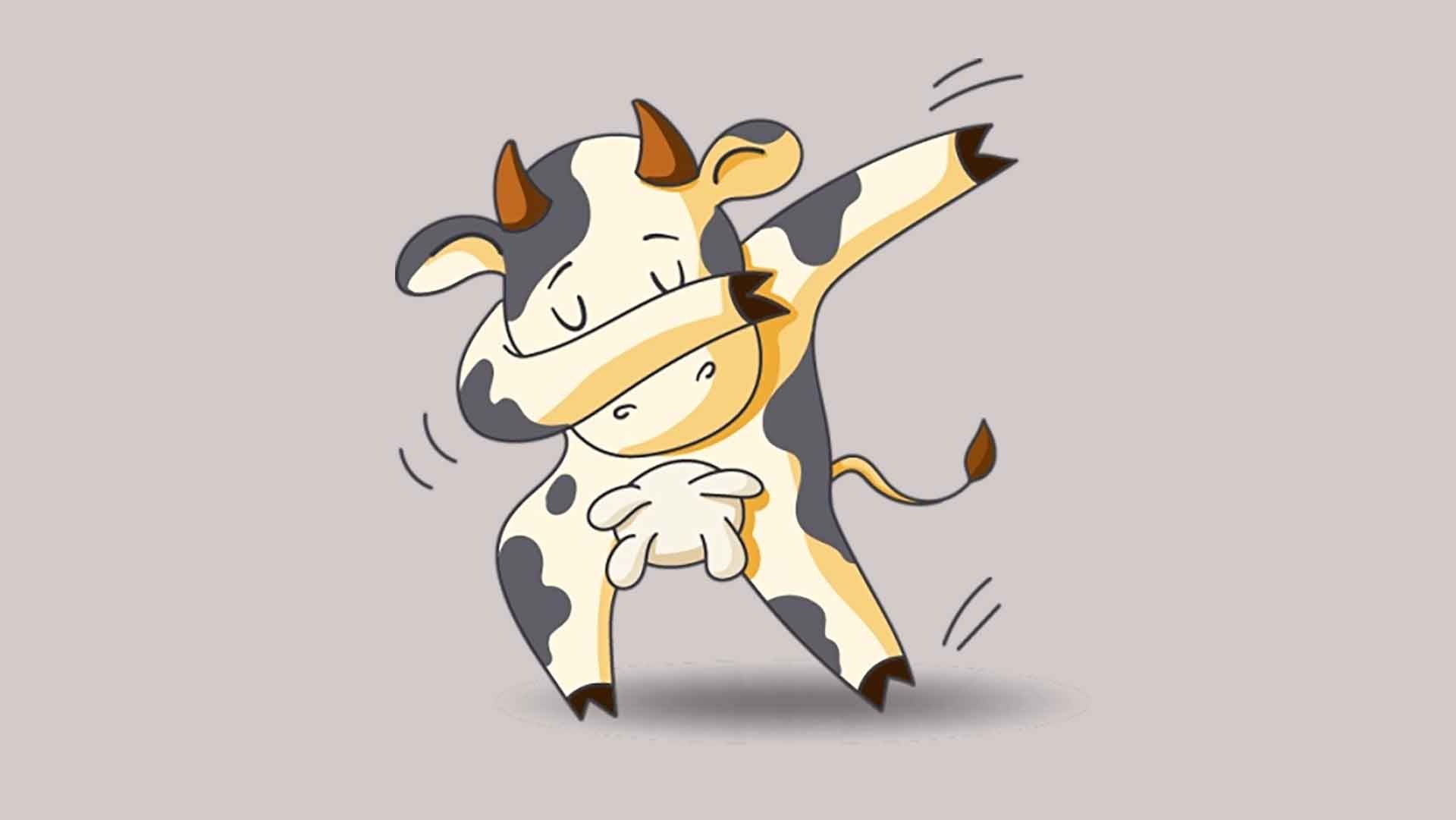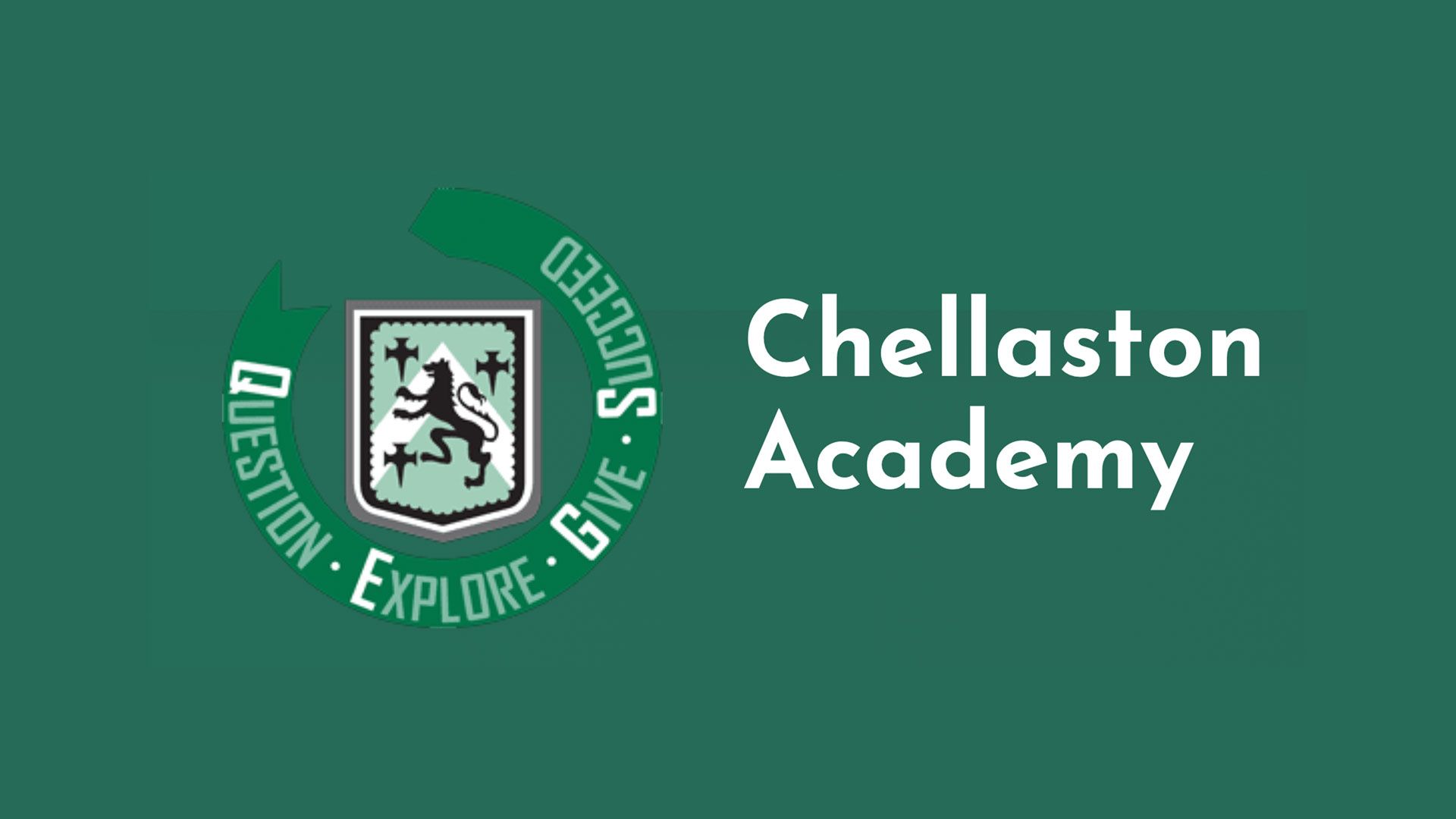Mirror, Mirror on the Wall: How reflective teaching can make you the fairest of them all
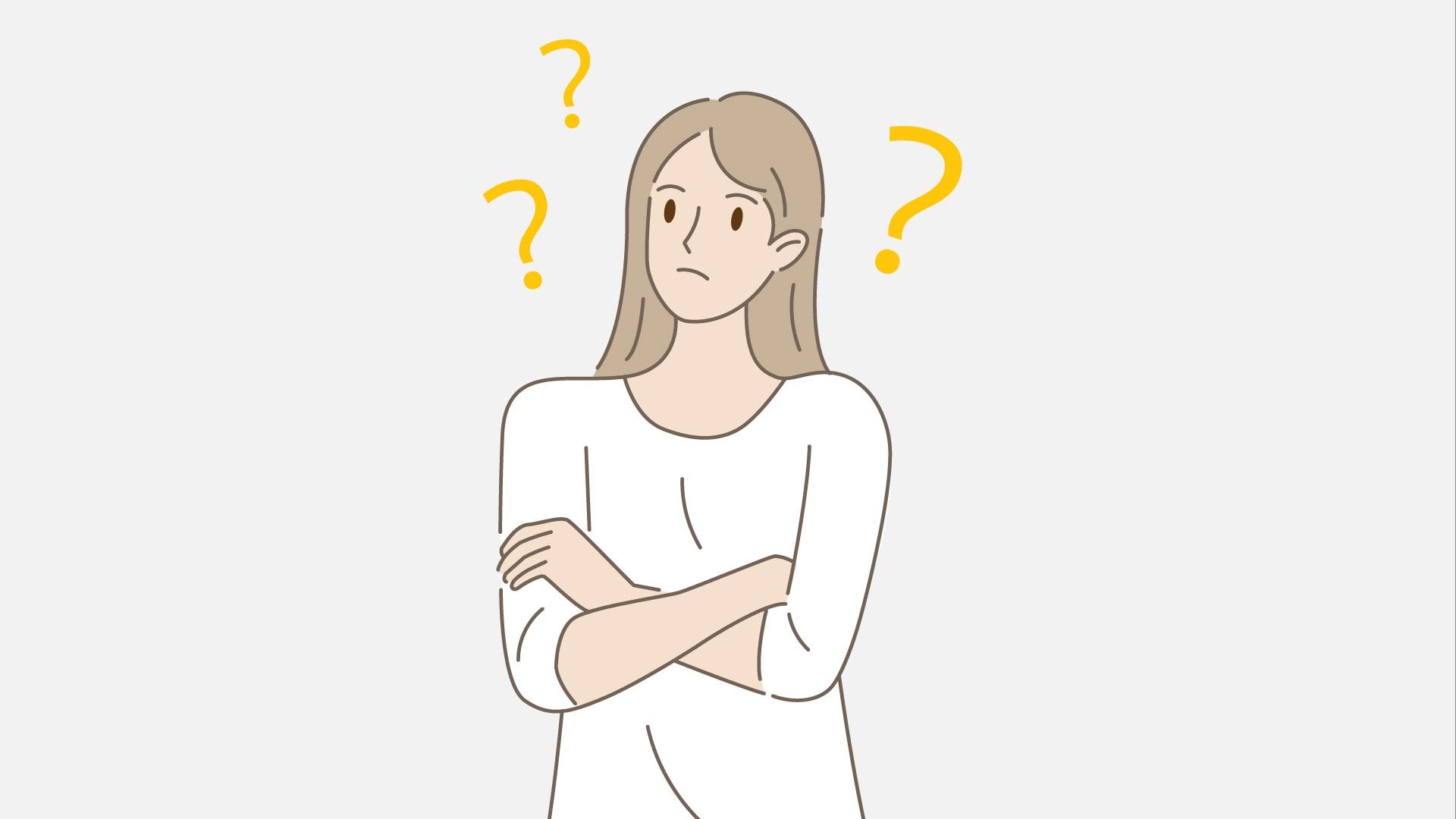
Back in 2004, I was in the throes of my NQT year and, like any enthusiastic new teacher, I’d decided to showcase my skills during a maths observation by teaching a lesson on capacity. With water trays and measuring jugs. And a Year 1 class…
Almost twenty years later, I’m still recovering.
When I went for feedback from the headteacher, it went less than favourably. Rather stupidly, instead of being honest with myself and the head, I approached my feedback by trying to prove that the lesson was a success, despite some children having to change into their PE kits immediately after and the cleaner giving me daggers for the next six months. Almost as bad as the time I got the glitter out… but that’s another story.
Grasping at straws would be an understatement.
Sitting in my classroom after our meeting, I remember fuming about the feedback. Could he not see how much work I’d put into that lesson? So what if the children hadn’t learned anything, they’d had a blast. So what if I couldn’t show progress? At least no one was dunking anyone’s head underwater, right? To be frank, I now cringe at my audacity. Rather than chalking it down to experience and learning from it, I went home seething and drank some wine.
As an experienced teacher and former senior leader, I now know I made a huge mistake. Instead of approaching my feedback with a view to learn, accepting that mistakes had been made and thinking about how I could improve things in the future, I went into it like an absolute eejit. Scrub that; I was a dickhead.
Because if I had been ‘onside’ with reflective teaching, I would have approached the whole thing differently.
Why bother with reflective teaching?
Be honest with me. How often do you look in the mirror and reflect on the teacher you are rather than just checking whether you’ve got today’s lunch stuck in your teeth? How regularly do you stop to think about the teacher you want to be? Now, you might think this all sounds a bit woo-woo or something you might hear at a self-improvement workshop. Perhaps you think it’s just another initiative the DfE has cooked up in their latest round of infinite wisdom.
But I assure you, it’s not.
Reflective teaching really can make you a better teacher. And not for Ofsted or senior leaders or even for the kids. For you. And quite frankly, that’s the most important thing. Reflecting on your teaching is like peering into a magic mirror that reveals insights, unlocks your potential, and fosters growth. It's not just a fleeting exercise; it's a deliberate and ongoing process of self-improvement.
Reflection allows you to better understand your teaching - something I needed to do after ‘capacity-gate’. By stepping back and critically evaluating your lessons, activities, and interactions, you can uncover the strengths and areas for improvement. It helps you pinpoint what worked well and what didn't, allowing you to make informed decisions to enhance learning next time - i.e. take the water trays outside or do the activity in small groups. Reflective teaching leads to increased self-awareness, which positively impacts how well you teach and how much progress the children make.
Moreover, reflection encourages professional growth. As you engage in self-reflection, you naturally seek out new ideas, strategies, and resources to address the challenges you encounter in the classroom. You become open to experimentation and innovation, continuously refining your teaching repertoire. By embracing a growth mindset, you model lifelong learning for your pupils, inspiring them to become active learners.
The power of metacognition
Reflection also increases your self-awareness, which empowers you to tailor your lessons to meet your pupils’ diverse needs and interests. It helps you become more responsive, flexible, and adaptable in your teaching practice, too. Furthermore, reflection promotes metacognition in both you and the kids in your class.
By encouraging pupils to reflect on their own learning processes, you empower them to take ownership of their learning. When they do this, they develop critical thinking skills, problem-solving abilities, and a deeper understanding of their strengths and areas for growth. As a reflective teacher, you nurture a classroom culture that values thinking about thinking.
By modelling it to your pupils, you can show them that when mistakes happen or things don’t quite go to plan, talking helps. Discussing what we could do next time becomes the norm. In turn, this shows them the power of collaborative problem-solving and solution-based thinking.
And finally, remember, reflection isn't about dwelling on mistakes or shortcomings; it's about learning from challenges and nurturing a growth mindset. It's about continually striving to become the best version of yourself as a teacher. For us here at Happy-Centred Schools, we want you to stop and celebrate your achievements, too. All too often, we don’t take the time to recognise what we do well and give ourselves that metaphorical pat on the back. So as much as you reflect on what could have gone better, please stop and think about what went swimmingly well too.
And before you know it, you’ll realise the positive impact it has on your teaching and the children’s learning experiences. So it’s a win-win. And if you’re doing a lesson on capacity, embrace the chaos… and bring towels!
If you’d like further support to build a reflective culture in your school, get in touch with our Doug, who would be more than happy to share what we offer -


